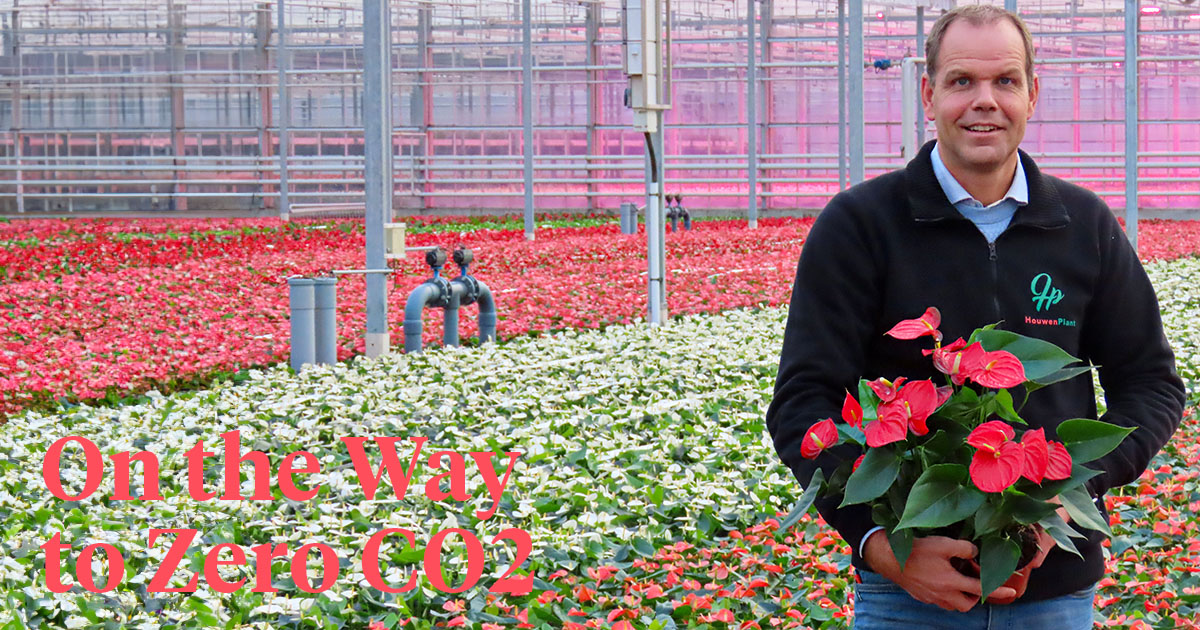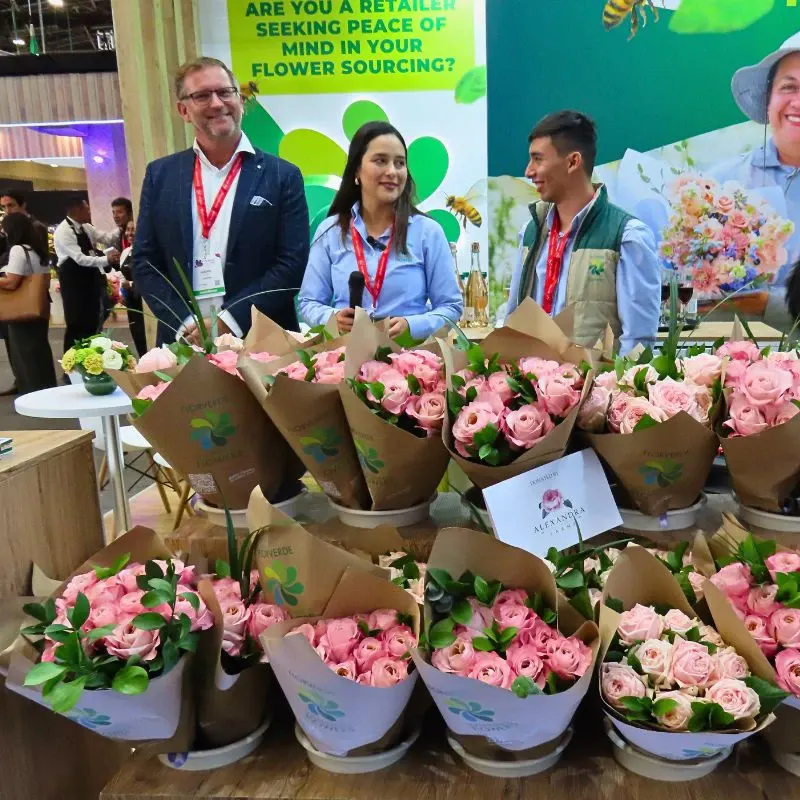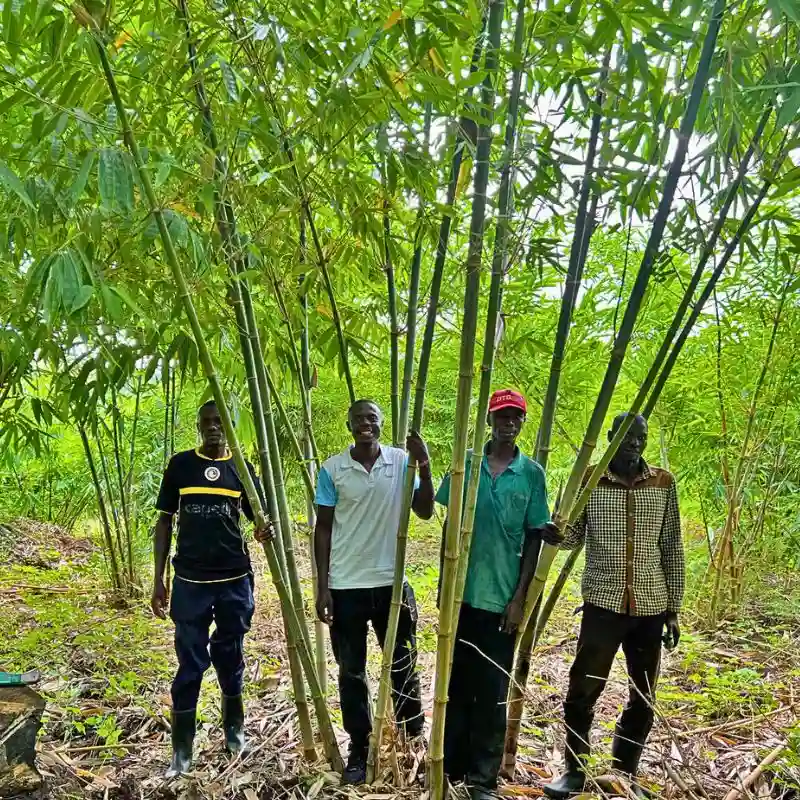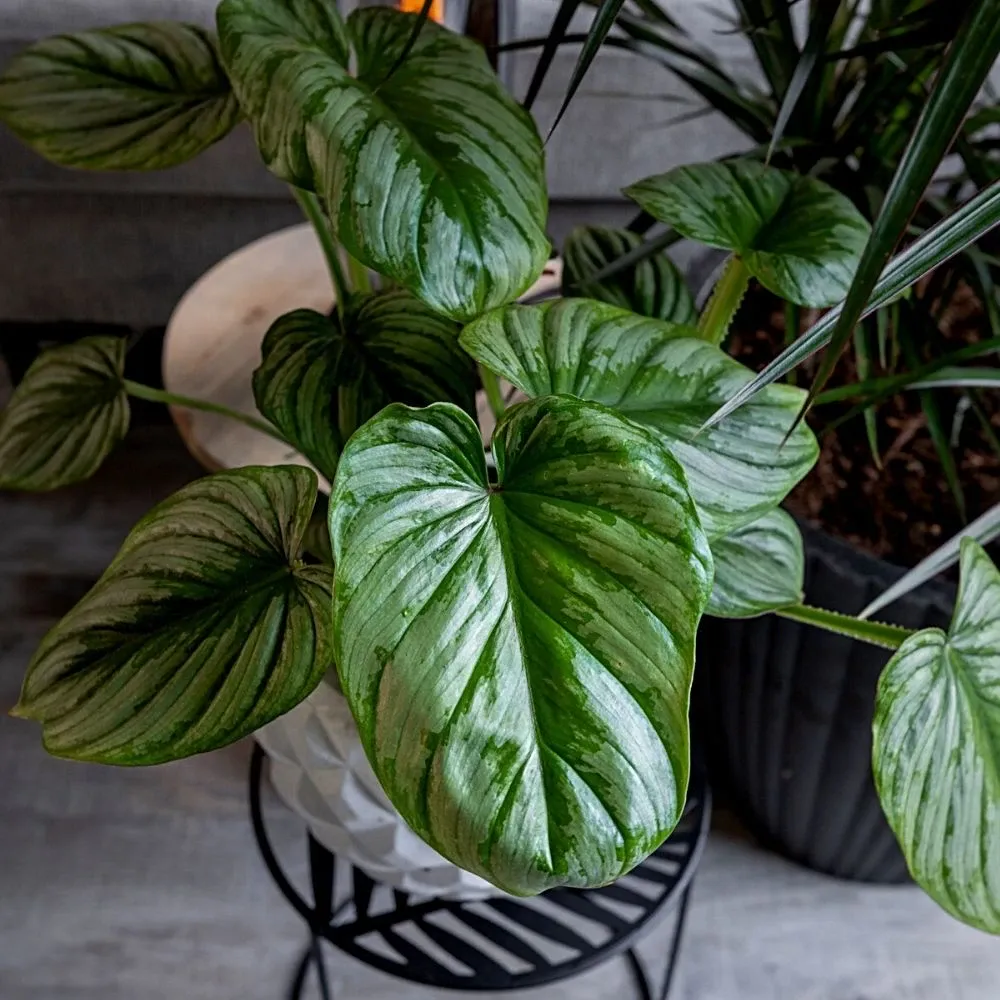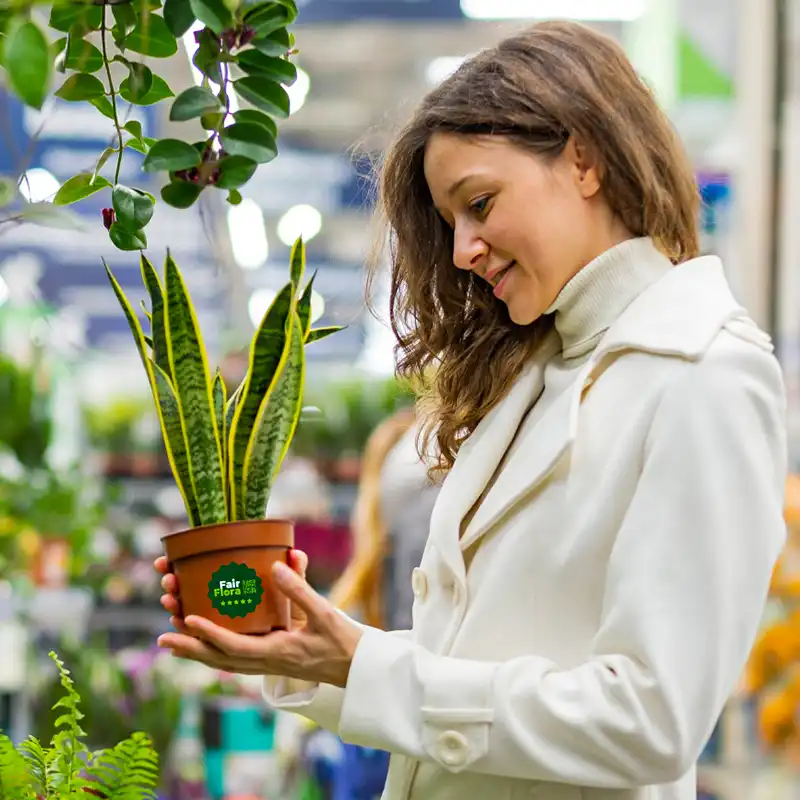Entrepreneurship is to look into the future. As an entrepreneur, you must constantly have your antennae out for demands from the market. You should not close your ears and eyes to the difficult questions of our time, the sustainability issues. Certainly not if you hear from your major customers that in a number of years, they will expect or even insist that your products are grown CO2 neutral. HouwenPlant grows in the Westland on 20 ha, spread over 3 locations, pot Anthuriums in pot size 6 to 17 cm, bowls of 25 cm, as well as kalanchoe plants of 12 cm.
Marco van der Goes, co-owner of HouwenPlant, received such a wake-up call at the end of 2019 during a suppliers' meeting at IKEA. From that moment on, they have been working on making their company more sustainable. Here's how and why they did this and how it has a positive impact on consumers looking at floriculture products as a whole.
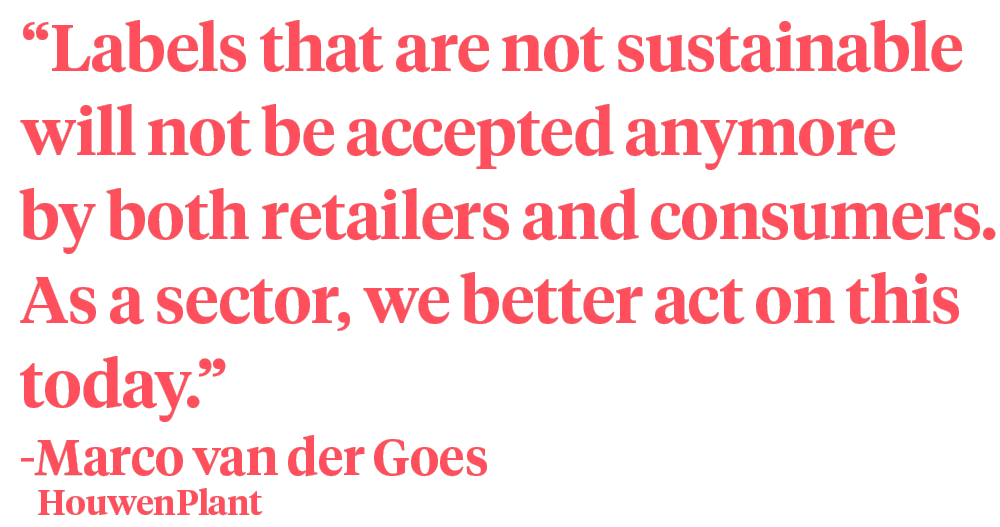
43% Less CO2 Emissions in 2 Years' Time
Marco has already come a long way: 43% less CO2 emissions in 2022! How does HouwenPlant know that? They measure! Together with his young plant supplier Dümmen Orange and Greenhouse Sustainability, the developer of the Horti Footprint Circle - previously known as Horti Footprint Program -, they have started to map the entire production chain, providing insight into where the points of improvement lie. Cuttings suppliers Anthura, Floricultura, and other suppliers now also provide their data.
Marco:
"We want to do this. If major customers we supply to, such as IKEA, OBI, Tesco, and Rewe, ask us to provide insight into our processes or give us a hint, as IKEA did, to provide insight into our CO2 footprint, we will get started immediately! We always want to be ready for the future”
So, I teamed up with Henri Potze from Greenhouse Sustainability to prove that CO2 footprint calculation on a product level can be done and that the outcome is clear and understandable."
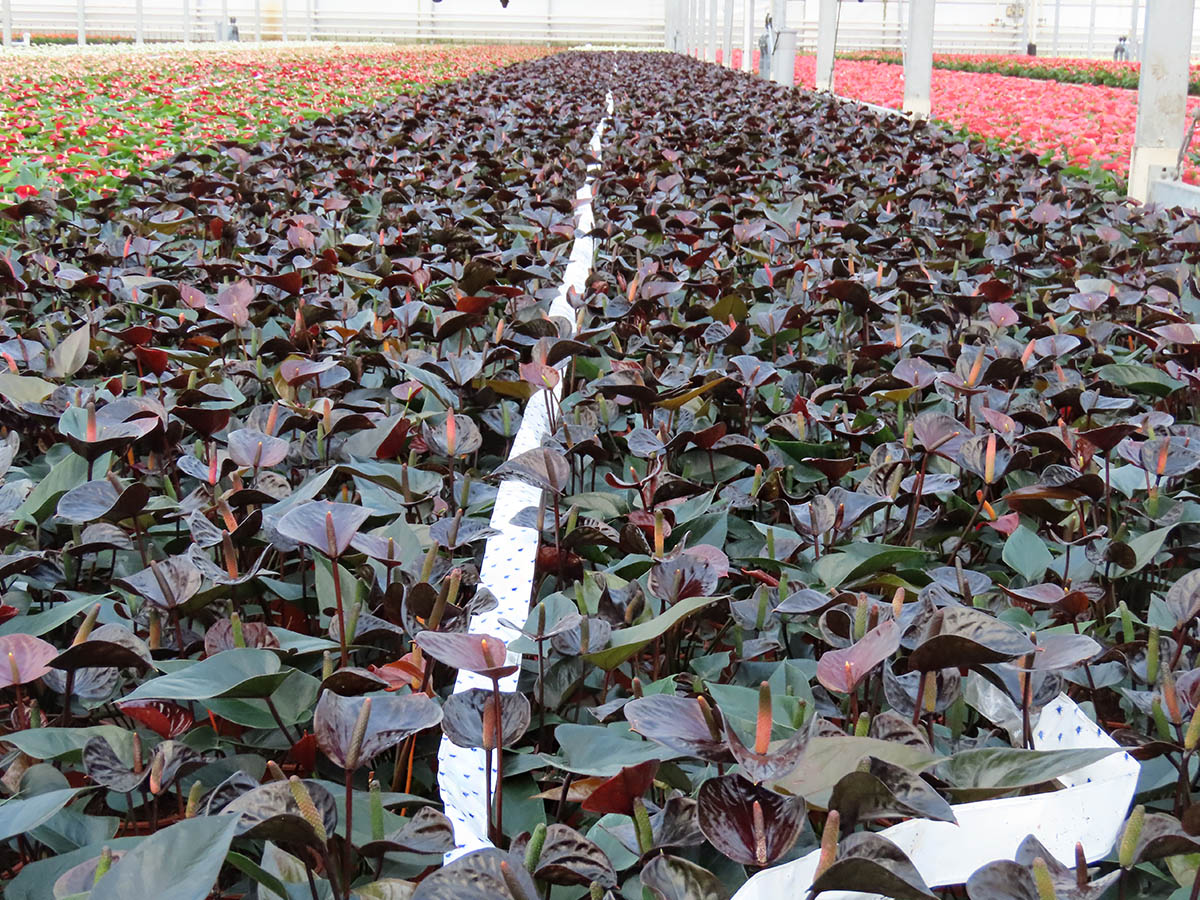
The next step for HouwenPlant was to implement a number of improvement processes and install climate-friendly implementations. In recent years, HouwenPlant has invested in climate screens, LED lighting, solar panels, biological crop protection, and several 'power plants' (the so-called CHPs). This grower is already busy with the next step: geothermal heat and research into green hydrogen. HouwenPlant is not the only company in floriculture that makes climate-friendly investments but calls on floriculture entrepreneurs to continue to spread their story of sustainable entrepreneurship widely within and outside the sector.
Marco:
"We force ourselves not to choose the easy road. As the management of HouwenPlant, we make the decision, but then it only begins. Every employee had to be involved, simply because some production processes changed. As an example, growing under LED light is essentially different than growing under SON-T light. And using biological pesticides takes another approach than non-biological solutions. We all had to adapt to these changes.
We decided at the time to change our course, and from that moment on we have been busy teaching our people how to deal with this practically. That was not easy, it required quite some explaining and training. But in the end, it pays off because we can put a proverbial 'OK' on each and every plant we bring via the exporter and retailer to the consumer."
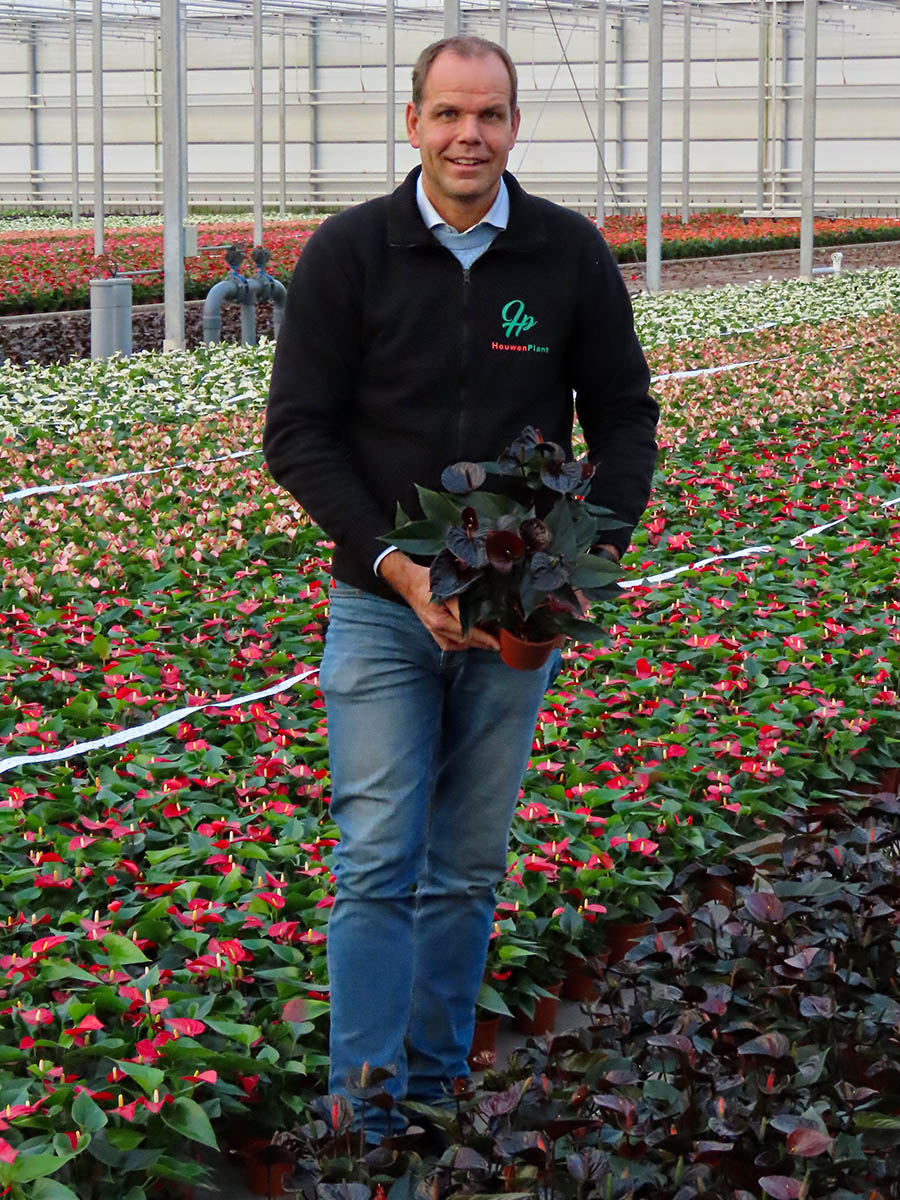
Calculating the Numbers
Van der Goes understands very well that this is not the time to pat yourself on the back because 'you are so very sustainable", but that you have to work hard in the background to refute those counterarguments ultimately. He calls it "growing trust", and as a company, they are working to substantiate that trust with numbers. This is to ultimately pass the test of public opinion on CO2 emissions.
Marco:
"We realize that as a company we must continue to invest in making our company more sustainable and therefore in consumer confidence in our products."
Greenhouse Sustainability has found the answer in calculating a footprint using a Life Cycle Assessment (LCA). This is a calculation method for calculating the environmental footprint of horticultural products. After the LCA, HouwenPlant knew precisely what was the CO2 footprint of the pot anthuriums in her greenhouses. The calculation for kalanchoe will follow soon.
Those numbers show that the CO2 footprint in the production of one anthurium pot plant - to take as an example - in a 12 cm pot has dropped from 2.42 kg CO2-eq in 2020 to 1.37 kg CO2-eq in 2022. Substantiation of its sustainability strategy including CO2 footprint was a requirement in applying for finance for the greenhouse that HouwenPlant purchased this year.
Marco:
"I can imagine as a grower you sometimes can no longer see the forest for the trees. We as HouwenPlant have so many certificates and labels because we want to comply with everyone's demands. We have MPS-A, GLOBAL G.A.P with GRASP, MPS-Product Proof, MPS SQ, Ethical Trade Initiative (ETI), Chain of Custody (CoC), GGN for Germany in particular and Sedex (Supplier Ethical Data Exchange) for Great Britain. Enough to fill the Floriculture Sustainability Initiative (FSI) basket.
I call on all these certificate and label initiatives to accept the European standard Flori Product Environmental Footprint Category Rules (FloriPEF-CR) as a valid measuring tool for the CO2 footprint. That would make compliance with that specific part of the labels so much easier and transparent."
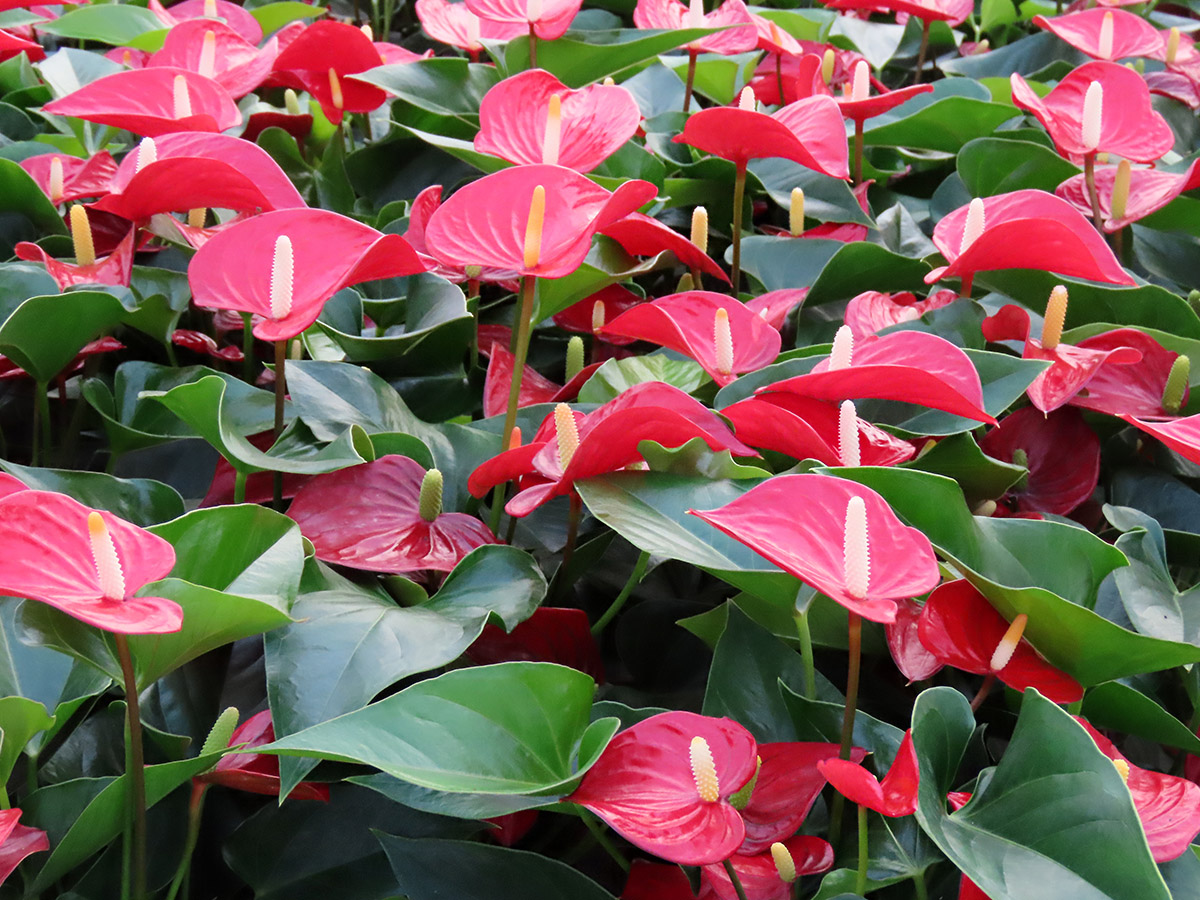
Gaining (Back) the Consumer Trust
Sustainability goals go hand in hand with HouwenPlant's business strategy. "But there is also no choice but to make smart sustainability investments that pay for themselves," says Van der Goes. "This means becoming self-sufficient in energy management and ensuring that you can continue to supply customers in the future who only want to buy sustainably produced products."
But there is more to it. In addition to all the B2B arguments, there is also the argument of consumer trust. The floriculture sector is seen by many people as the culprit because climate claims might not or hardly be fulfilled. Floricultural products are energy intensive, often have to be transported over long distances, and are thrown away after a short (cut flowers) or longer (potted plants) period. This of course applies to many more luxurious products but lately, the focus has been very much on the floriculture sector.
Marco:
"I predict that in the near future you as a consumer will know to what extent the flowers and plants that you buy at a supermarket, garden center, florist or online are sustainable. This with, for example, a color scale with label 'red=bad' to 'green=good', or something similar. Consumers will see what they buy and are then able to make conscious choices. I also expect price differences for products on the shelf. We must be able to recoup the investments in truly climate-neutral cultivation.
There is a good chance that plants and flowers that have not been grown sustainably will no longer be accepted by both retailers and consumers. As a sector, we better act on this today. That is what I, together with Henri Potze from Greenhouse Sustainability, and together with traders and retailers want to accomplish."
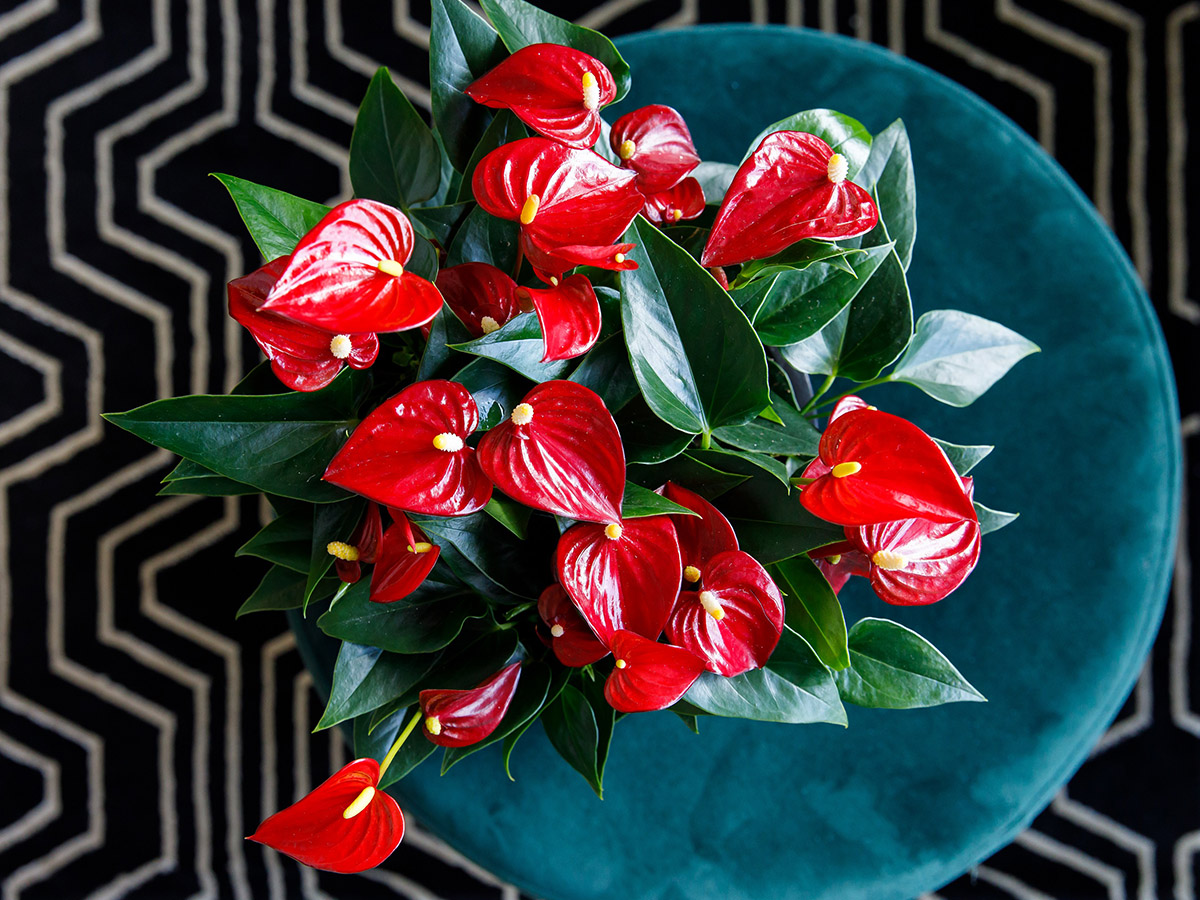
Mission: Make People Happy
Then Marco arrives at what the floriculture world is all about: the universal love for flowers and plants, the well-being that people feel when they buy or get a splendid bouquet or a beautiful plant. All efforts of breeders and growers (worldwide) are aimed at making people happy or comforting with flowers and plants at home, in the office, in hospitals, restaurants, or for any occasion!
Marco:
"By being transparent about our production, our customers – wholesalers, retailers, garden centres, florists, and online – can tell the story of how far we have come as a company. How we will further communicate our CO2 emissions is also an issue for us. We will further develop this with a number of wholesalers and retailers in the near future. Together with them we also want to go through the final process to become a CO2 positive company. This means that we absorb CO2 in our production instead of emitting it!
This requires investments. At HouwenPlant, we are prepared to make these investments, but what is the return in terms of additional returns, security of supply (payback period) and under what conditions?
If a consumer sees 'CO2 OK' on our plants, as I said before, I am sure it will make a difference. This consumer can feel confident about a conscious choice and can unapologetically enjoy the happiness the plant brings."
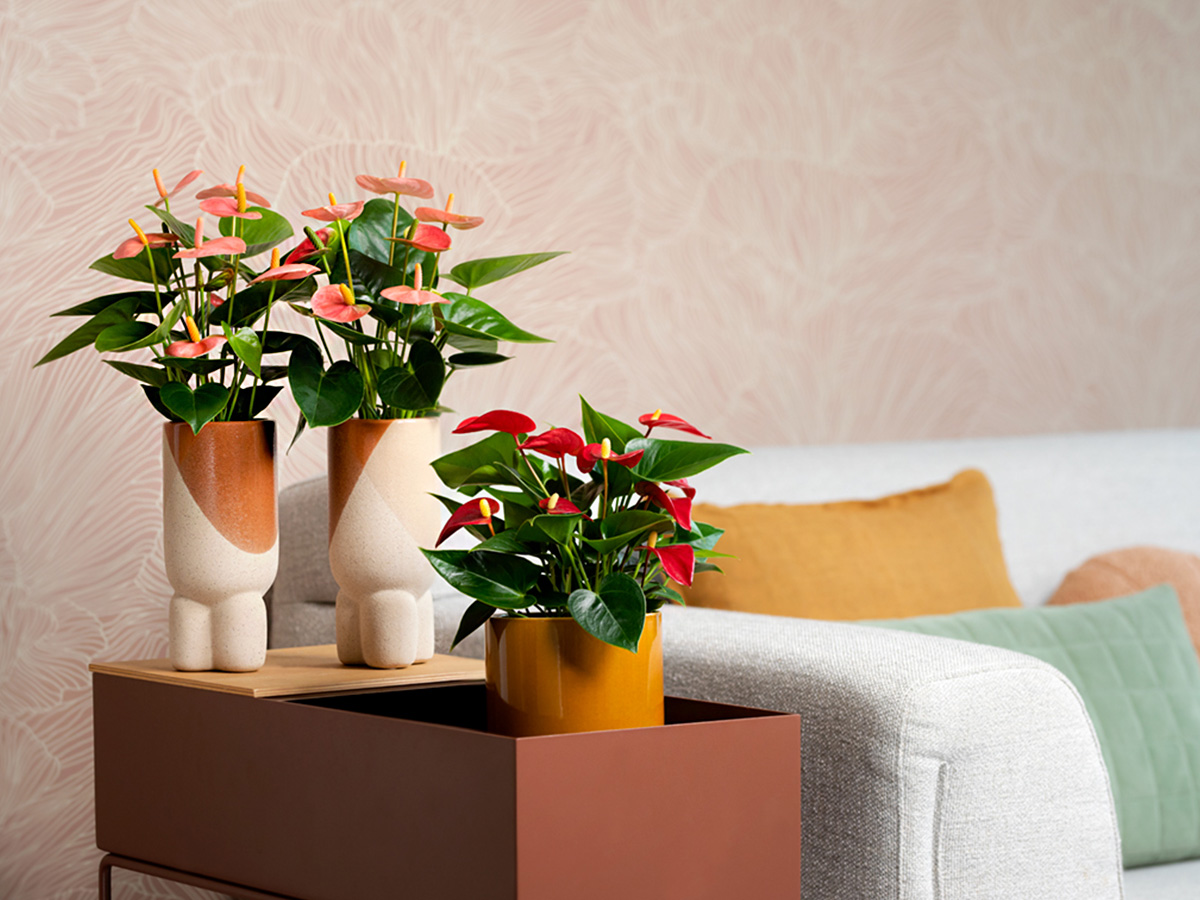
Do you want to know more about the Horti Footprint Circle, or how to calculate your CO2 footprint as a grower? Reach out to Henri Potze from Greenhouse Sustainability.

